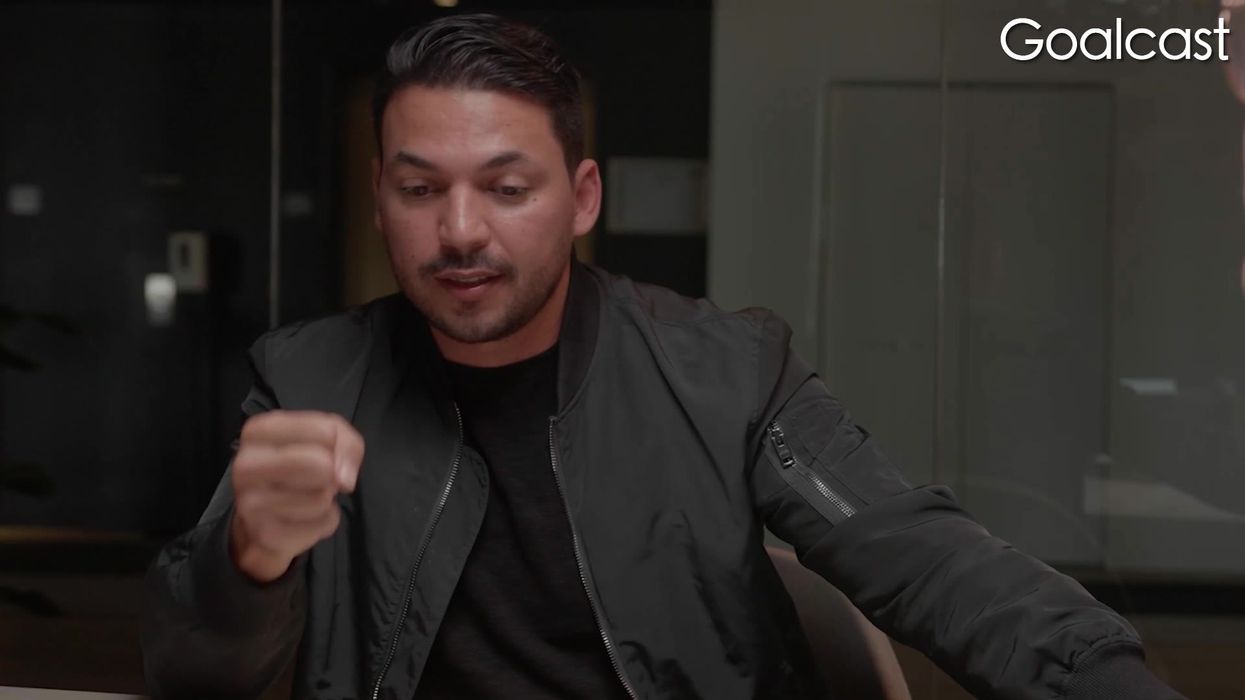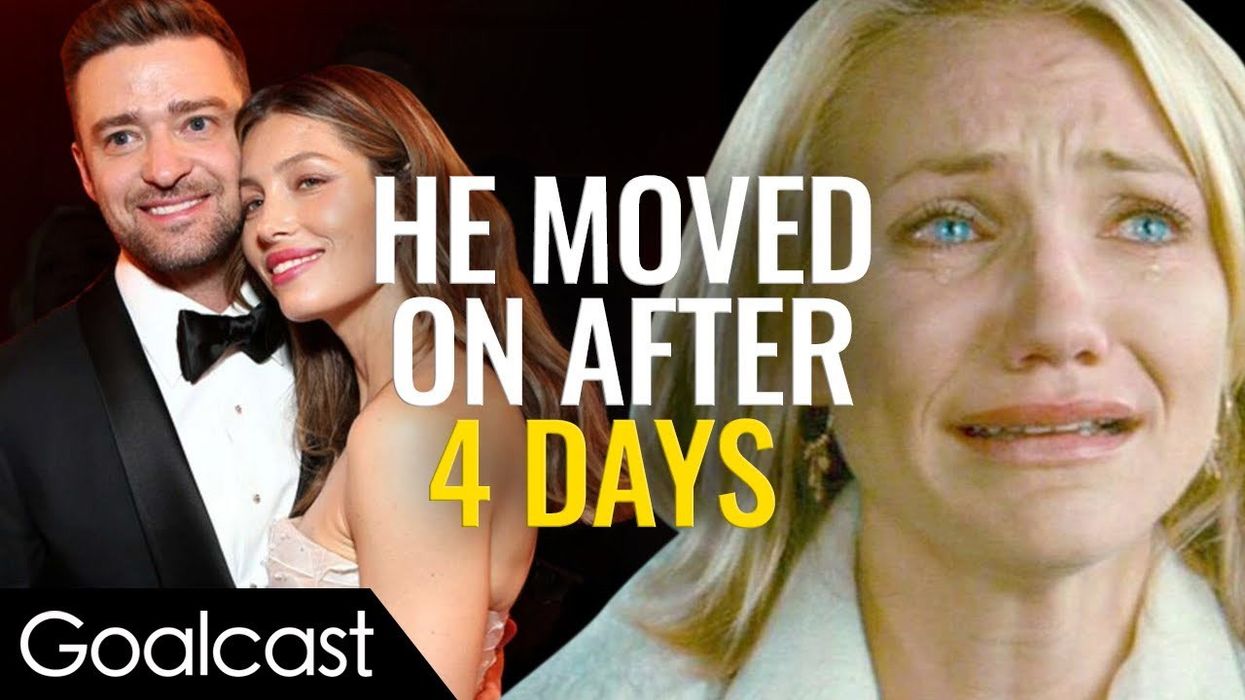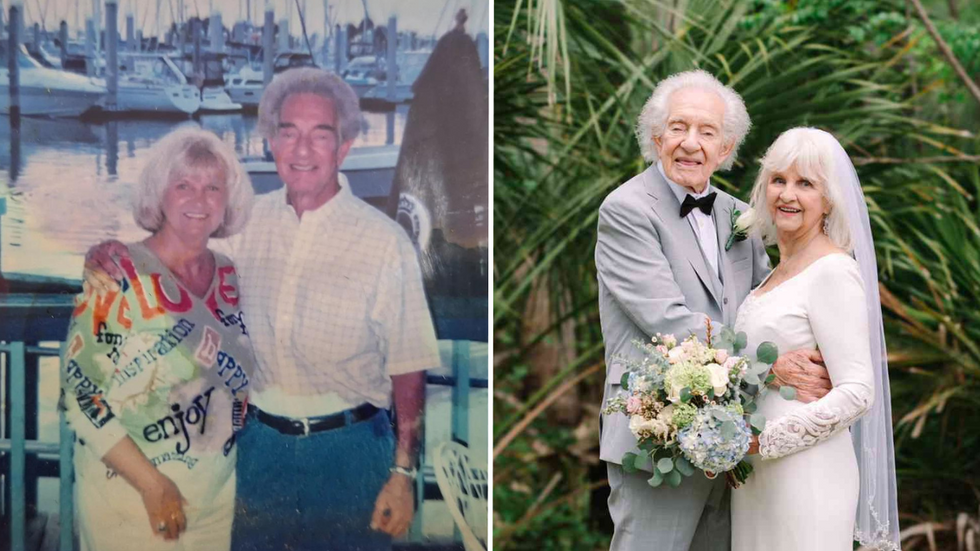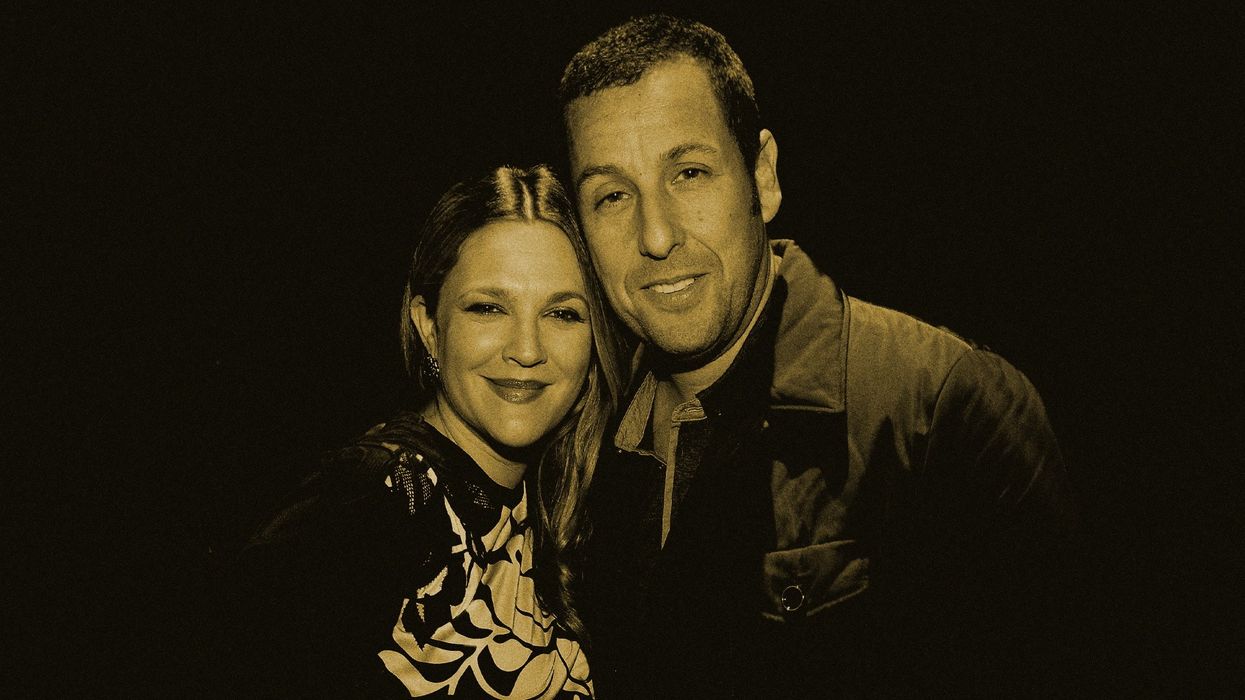
3 Steps to Combat Anxiety and Build Your Resilience to Stress
Feeling stressed? When anxiety builds, it’s easy to move quickly into feeling overwhelmed. We all experience short-term periods of worry and anxiety at different stages, but if it’s impacting your life in a negative way it might be time to think about how to manage it.
Left unchecked, anxiety can start to affect your physical health, relationships, sleep, and ability to achieve your goals. But you don’t have to push through those challenges on your own. There are a lot of things you can do to combat anxiety, and professional support is often key to recovery. Touch base with a medical professional and have a frank discussion with them about what you’re experiencing.
And take a look at this three-step process outlined below – it highlights some natural and simple approaches that can help you along the way.
Here Are 3 Steps to Combat Anxiety and Build Your Resilience to Stress
You can’t always control what goes on outside. But you can always control what goes on inside.- Wayne Dyer
1. Build your resilience using exercise, meditation or yoga
According to some studies, regular exercise works as well as medication for some people to reduce symptoms of anxiety and depression. Exercise releases endorphins into your body and they can help lower stress and help you to feel more positive. And exercise is also really good for your physical health, of course.
And what about meditation? It can take a while to get the hang of meditation, but it can be a really useful natural tool in combating anxiety. A simple technique practiced for as few as ten minutes per day can help you to control stress, decrease anxiety, improve cardiovascular health and achieve a greater capacity for relaxation. That’s ten minutes well spent in our opinion! Yoga is also a good one to keep in mind as it can be a great way to combine all those positive things: exercise, meditation and breathing exercises.
2. Recognize when it’s happening and engage in a positive activity to clear your mind
Depending on the circumstance, perhaps you could go for a walk, or work on something else for a little while to give yourself a chance to clear your head and interrupt building negative feelings. For example, if you’re having trouble sleeping because you’re worrying about future or past events, getting up and reading a book or taking five minutes to do a light stretch might be really helpful. An activity like tidying up a room or cupboard can also be a fast and effective way to disengage from worrisome thoughts and feel a small sense of achievement instead. This isn’t a long-term solution (and it won’t be appropriate in all cases), but if you feel yourself becoming overwhelmed, sometimes you can distract your mind with something positive to help clear out the negative thoughts.
3. Bring yourself back to basics: breathe, focus, observe
Focusing on your breathing can be a great way to reduce feelings of anxiety as they start to build. This remarkably simple breathing exercise is a good one as it can help to bring your mind back to the present moment and to interrupt escalating thoughts of worry and panic. You can practice it any time, so that you feel prepared when anxiety starts to build.
- Close your eyes and take a deep breath in to the count of four.
- Hold it for four seconds then slowly breath out, again to the count of four.
- Repeat this as many times as necessary to gently bring your focus back to your breath.
Another similar idea is to focus on the present. Rather than using a breathing exercise (or as well as), bring your thoughts back to the basics: observe what’s around you, focus on your immediate surroundings and on your senses. What can you see? What can you hear? This can be useful in disrupting anxious thoughts as they build.
Remember you're not alone
Anxiety is a challenging thing to face. If you’re experiencing anxiety, you’re not alone, and it’s important to remember that there are a lot of things that can help you recover and get back to your normal self. These tips might help you, and touching base with a healthcare professional will mean you can getting on top of your anxiety faster than you might have thought possible.































